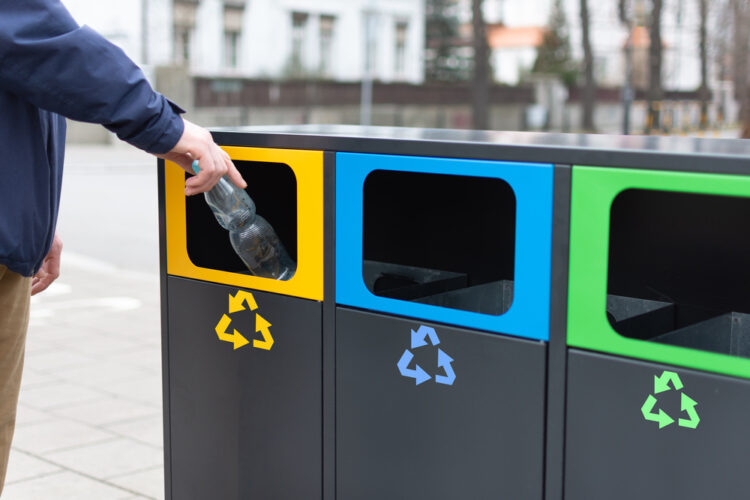I am half-way through my fifties. About five months ago, my wife and I moved into a new home in a new town. Things are mostly the same in terms of the day-to-day experience, but a few things are different. For example, our new town doesn’t participate in municipal recycling. I find getting used to that a bit strange.
My town is not alone in rejecting the municipal recycling model. One by one, cities and towns across the country are doing the same thing. They are beginning to see municipal recycling as a losing proposition and deciding they no longer want to spend money on it.
Recycling was the norm in our old neighborhood. We recycled paper, glass, and two types of plastics. Ditto for the neighborhood we lived in prior to that. Going back to my very first apartment more than 30 years ago, I have consistently recycled household materials. To suddenly stop doing so takes me back to my youth in the 1970s, when recycling was optional and my parents chose not to do it.
-
Saving the Planet by Recycling
Household recycling became the big thing at some point during my elementary school career. I don’t remember exactly when, but I do remember the TV spots and education materials designed to convince children that recycling would save the planet. Even so, my parents didn’t feel the need to recycle. So we didn’t.
Fast forward to my twenties and I found myself recycling because the apartment complex where I lived required it. I would dutifully separate my recyclables and throw them in a dedicated dumpster separate from the trash. From that point until about five months ago, I continued to recycle week after week.
Now that recycling isn’t done where I live, all those previously recycled materials go in the trash. Yet I still find myself thinking with the recycling mindset from time to time. For example: I find myself rinsing out glass and plastic food containers as though they would be placed at the curb.
-
Working at a Plastics Plant
There was a time in my past when I worked at a plastics plant. Sometimes I think about that experience when I’m contemplating the fact that I no longer recycle. Needless to say, we recycled at the plant. Everything from plastic cutoffs to waste plastic purged from the injection mold machines got recycled.
According to Tennessee-based Seraphim Plastics, such industrial plastic recycling is commonplace. In fact, plastic cutoffs and purge are two of the materials Seraphim purchases from manufacturers. They can make it work because they utilize a much simpler process that requires very little labor.
Recycling at the plastics plant didn’t seem like a big deal. All the cutoff and purge waste were collected while we worked. When we had downtime between machines, we simply gathered up all the waste and threw it into collection bins. Those bins were wheeled to the warehouse where they would be picked up by a recycler.
-
Not the Same at Home
If recycling were that simple at home, perhaps we would do a better job of it as a country. But it’s not. It is just as simple for me to throw recyclables in a curbside bin, but it’s not simple for the recycler. Recyclers need to put a lot more time and labor into dealing with household plastics. That’s why municipal recycling isn’t really profitable.
I am having to get used to not recycling again. After 30+ of doing it, throwing recyclables into the trash can seems strange. But that’s the way it goes.

